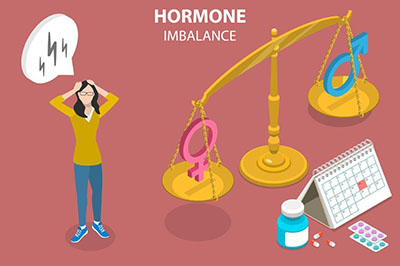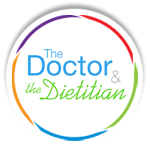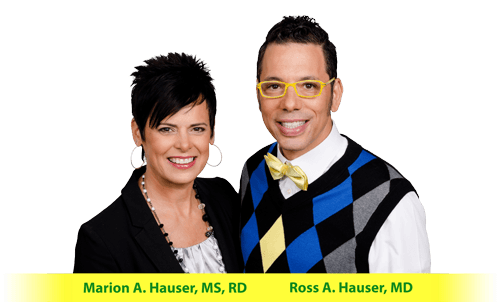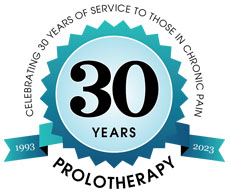 Let’s talk about hormones. As we age, hormone levels typically decline. Imbalances in hormone levels can cause a myriad of health issues. Hormones help drive the immune system and help repair damaged joints. Symptoms such as thinning hair, low sex drive, decreased muscle tone, dry skin, menstrual cramping, irregular menses, chronic fatigue, decreased body temperature, and a feeling of coldness are typical symptoms of hormone deficiency.
Let’s talk about hormones. As we age, hormone levels typically decline. Imbalances in hormone levels can cause a myriad of health issues. Hormones help drive the immune system and help repair damaged joints. Symptoms such as thinning hair, low sex drive, decreased muscle tone, dry skin, menstrual cramping, irregular menses, chronic fatigue, decreased body temperature, and a feeling of coldness are typical symptoms of hormone deficiency.
Hormones in the body need to remain in proper balance to keep the body running optimally. High estradiol levels, for example, can decrease the ability of the body to make fibroblasts, the cells needed to make connective tissue. This is a consideration for women who are on birth control pills, as it can hamper healing ability. There are many other reasons to reconsider if you are taking BCPs, but that is another story.
Low hormone levels can also alter your ability to heal, let alone make you feel sluggish and unhealthy. For those who want to optimize health, healing, and aging, we typically recommend checking hormone levels such as thyroid, TSH, free T3, DHEA, pregnenolone, estrogen, progesterone, testosterone, melatonin, and cortisol. If a person is suffering from chronic pain, at least one of these levels will likely be low. Certain hormones are anabolic, meaning they help grow connective tissue, whereas others are catabolic and promote breakdown. Thus, hormones need to stay in balance.
A study in February 2022 study in The Journal of Arthroplasty analyzed the potential influence of subclinical hypothyroidism on improvement in patient outcomes following total knee replacements. Researchers found a slower functional recovery in those with low thyroid levels compared to those with normal levels.
Cortisol, our stress hormone, controls when we wake up and go to sleep, thus levels should be high in the morning, and low in the evening. With chronic pain, high cortisol levels put the body in the alert mode and result in insomnia, thus wearing the body down and increasing fatigue, and is why many chronic pain patients have difficulty sleeping.
Estrogen and testosterone levels tend to decline as we age. Numerous studies have looked at these levels related to pain and arthritis. Osteoarthritis incidence increases after menopause and may be related to hormone changes; however, this remains up for discussion. It is not the only factor and should be assessed along with the other sex hormones to maintain proper balance in the body. Testosterone levels in both men and women should also be monitored, as these hormones help with muscle growth, healing, and cartilage growth. A Swedish study published in the Journal of Bone and Mineral Research recently focused on the effects of testosterone on chondrocytes that re-grow cartilage and concluded that testosterone promotes growth of cartilage cells and increases collagen production.
In summary, hormone supplementation may help improve joint pain, especially as we age, and act to help the cartilage rebuilding process. As always, we also recommend that our patients consume healthy diets consisting of fresh, organic sources of protein, vegetables, and whole grains, eliminating processed foods and excess sugar and alcohol, and adding regular daily exercise. Movement is life. Remember, living healthy is a lifestyle.



